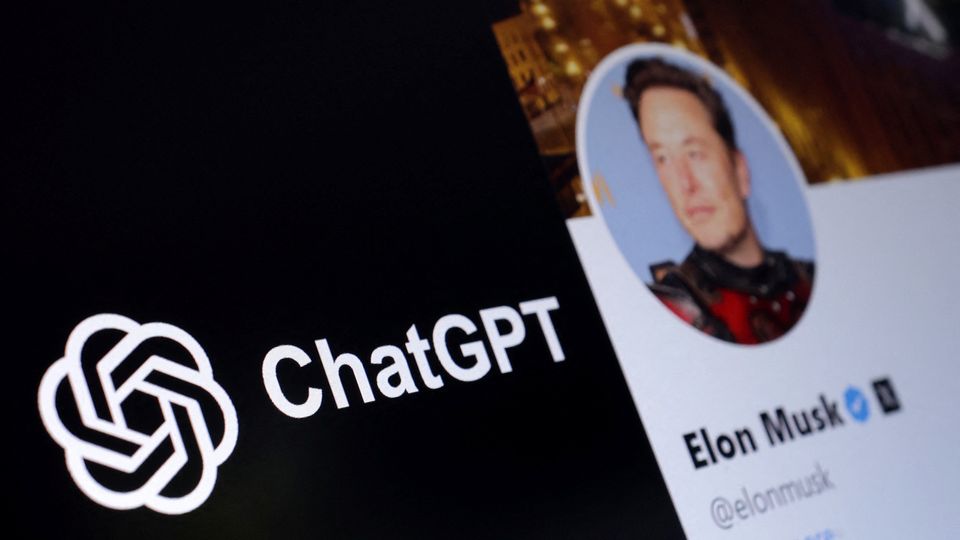
Elon Musk is asking a federal court to stop OpenAI from fully transitioning into a for-profit business. On Friday, Musk’s legal team, which includes representatives for his AI company xAI and former OpenAI board member Shivon Zilis, filed for a preliminary injunction.
They argue that OpenAI’s current actions harm competitors like xAI and serve the financial interests of Microsoft and OpenAI executives at the expense of fair competition.
The filing accuses OpenAI of discouraging investors from funding rival companies and sharing confidential information with Microsoft. Musk’s lawyers claim this behavior violates antitrust and racketeering laws and threatens to undermine OpenAI’s original nonprofit mission. Musk, who co-founded OpenAI in 2015 but left in 2018, alleges the company has strayed far from its commitment to openly sharing AI research for the public good.
The motion outlines several allegations:
- OpenAI discourages investors from backing rivals, reportedly demanding exclusivity from those participating in its recent $157 billion funding round.
- Microsoft and OpenAI share proprietary information and resources, allegedly leveraging their relationship to limit competition.
- Key OpenAI stakeholders, including Altman, benefit from self-dealing transactions, such as OpenAI’s choice of Stripe—where Altman holds significant interests—as its payment processor.
The legal filing suggests these activities create “irreparable harm” to both xAI and broader market competition. Attorneys for Musk argue that maintaining OpenAI’s nonprofit status is essential for preserving its founding mission and protecting public interest. They warn that OpenAI’s ongoing for-profit transition risks locking competitors out of capital markets, with lasting implications for the burgeoning generative AI sector.
OpenAI began as a nonprofit in 2015 but shifted to a capped-profit model in 2019. Now, it plans to become a fully for-profit public benefit corporation, which would allow it to attract even more investment. Microsoft, one of OpenAI’s largest backers, has invested approximately $13 billion in the company, providing it with critical cloud computing resources. OpenAI’s AI tools, including ChatGPT, have helped it become a leader in the generative AI market.
However, Musk’s team argues this transition gives OpenAI and Microsoft unfair advantages. They claim OpenAI’s exclusivity agreements with investors block competitors like xAI from accessing funding. For example, Musk’s filing notes that at least one major investor declined to fund xAI after joining OpenAI’s recent $157 billion funding round.
Musk launched xAI in 2023 as his answer to OpenAI, releasing the Grok chatbot and raising billions in funding. Despite its financial success, xAI competes in a rapidly growing market where OpenAI dominates. The generative AI market is expected to reach $1 trillion in annual revenue within a decade.
Musk’s legal challenges come as government regulators also increase their scrutiny of the AI industry. The Federal Trade Commission (FTC) is investigating partnerships between major AI developers like OpenAI, Microsoft, and Amazon. Musk’s team believes OpenAI’s transition to a for-profit model undermines competition and public trust in the AI sector.
Musk’s lawyers have asked the court to stop OpenAI’s transition and prevent it from using confidential information gained through its partnership with Microsoft. OpenAI, however, has dismissed Musk’s claims as unfounded. A spokesperson called the legal filing “blusterous” and said it repeats previous complaints Musk has made.
Featured Image courtesy of Dado Ruvic/REUTERS
Follow us for more tech news updates.
